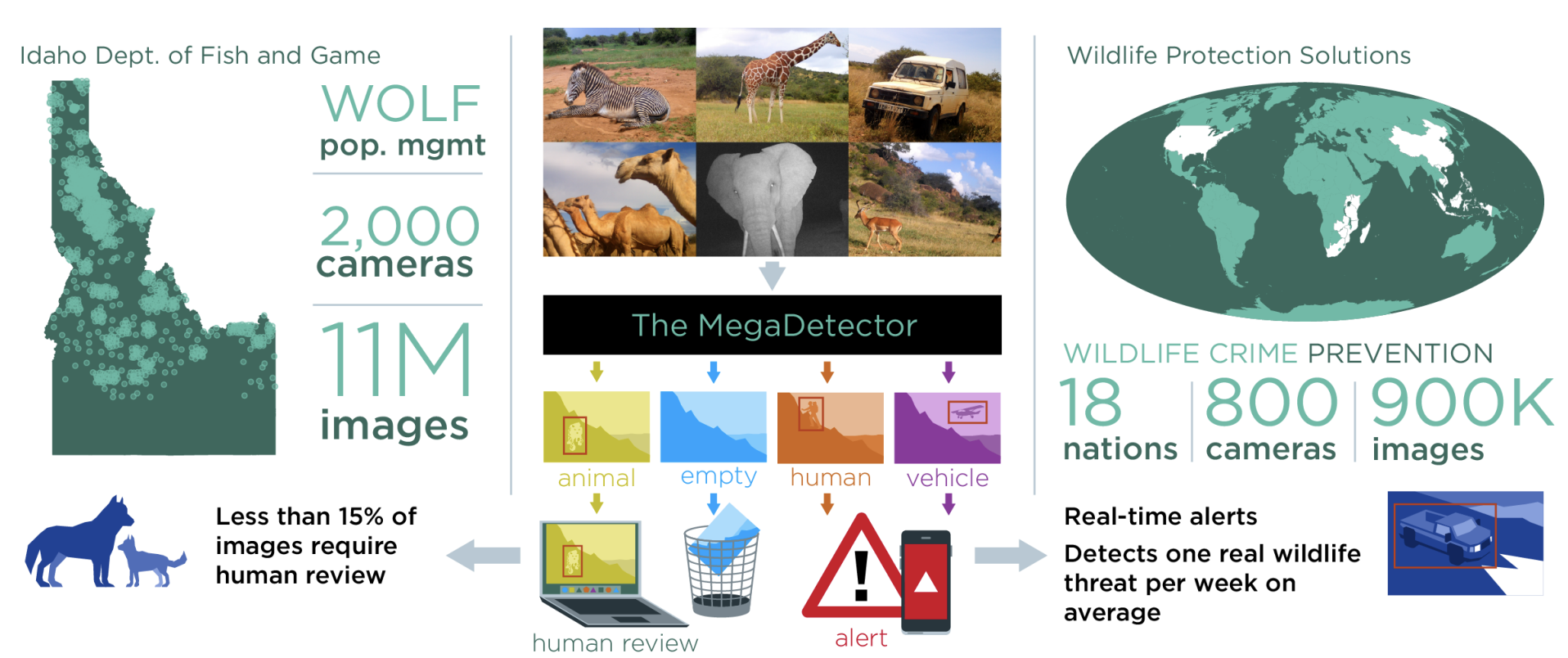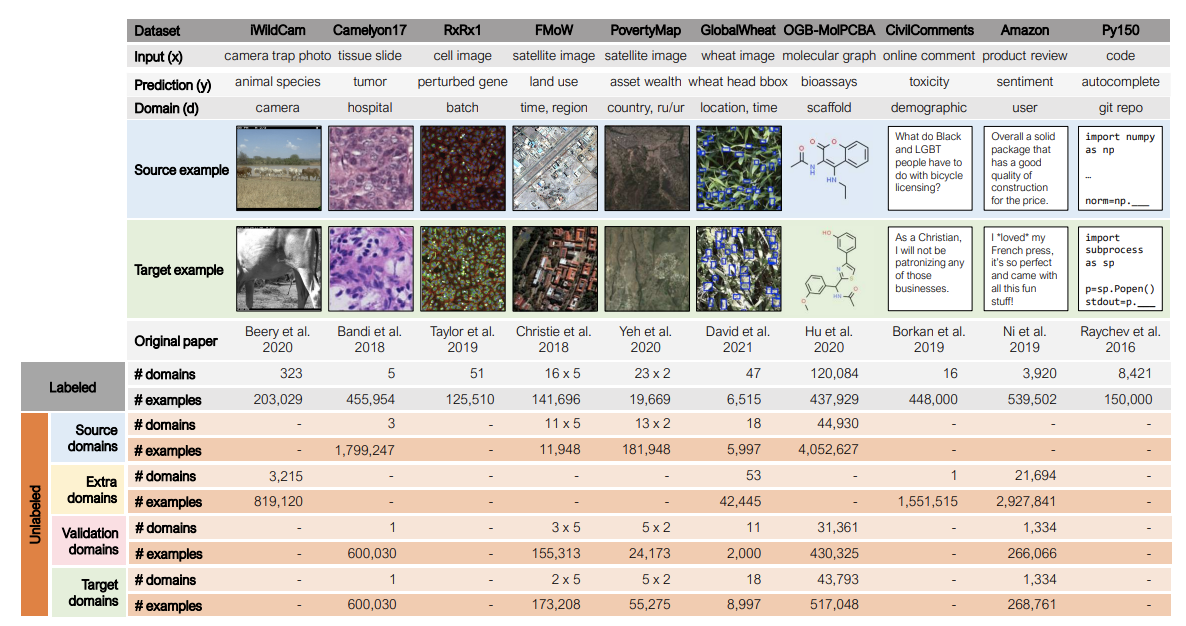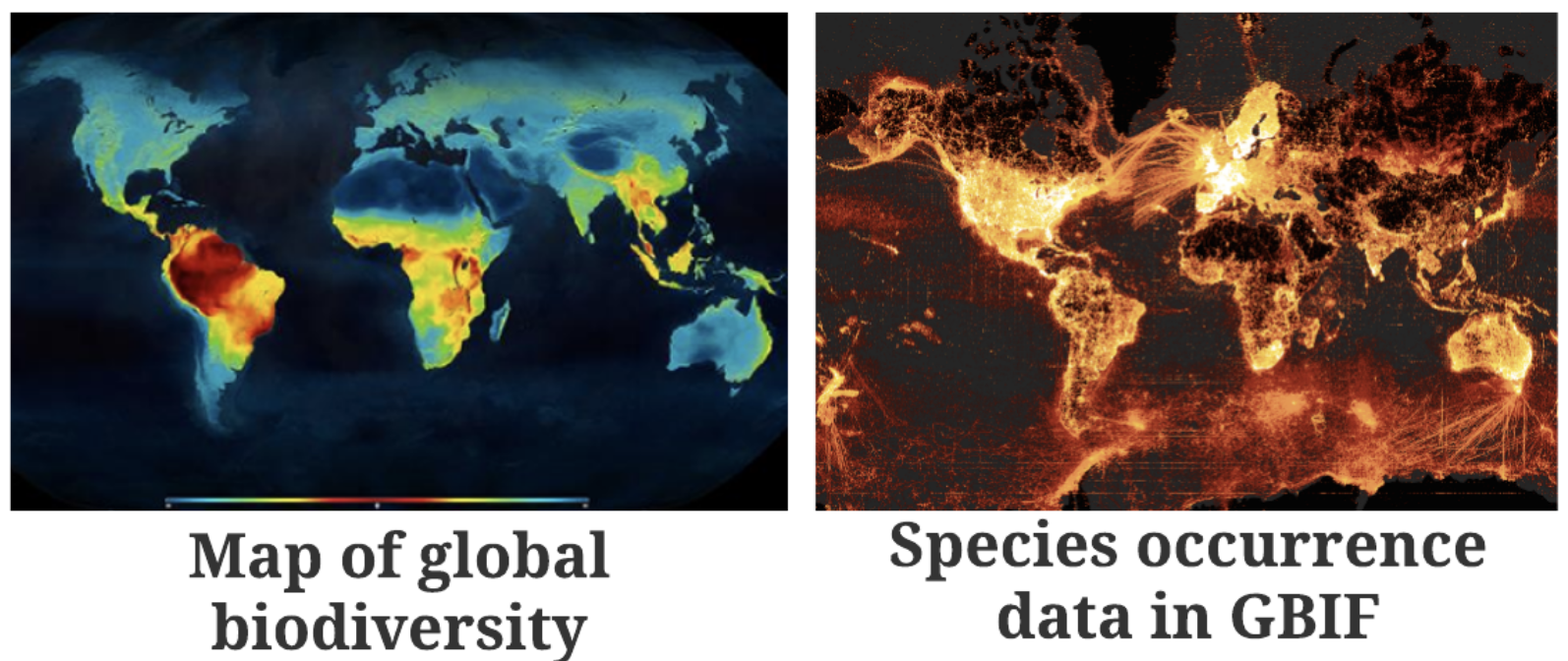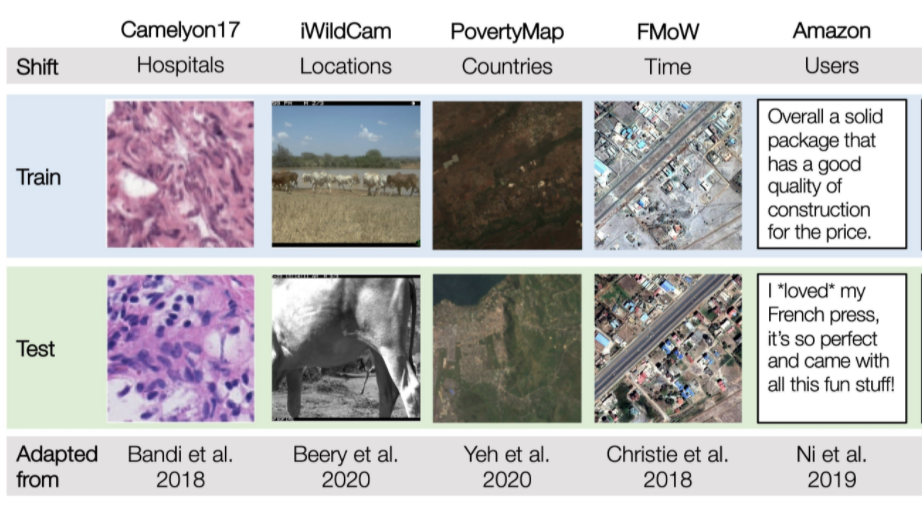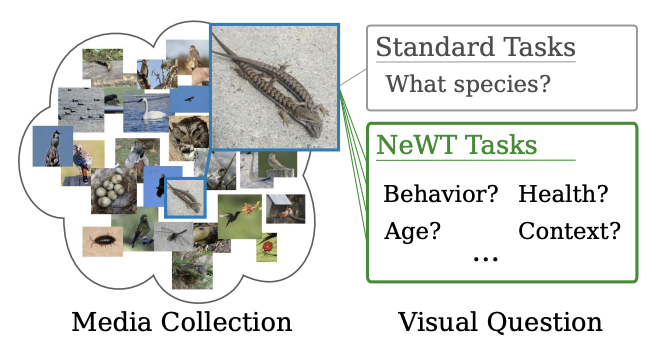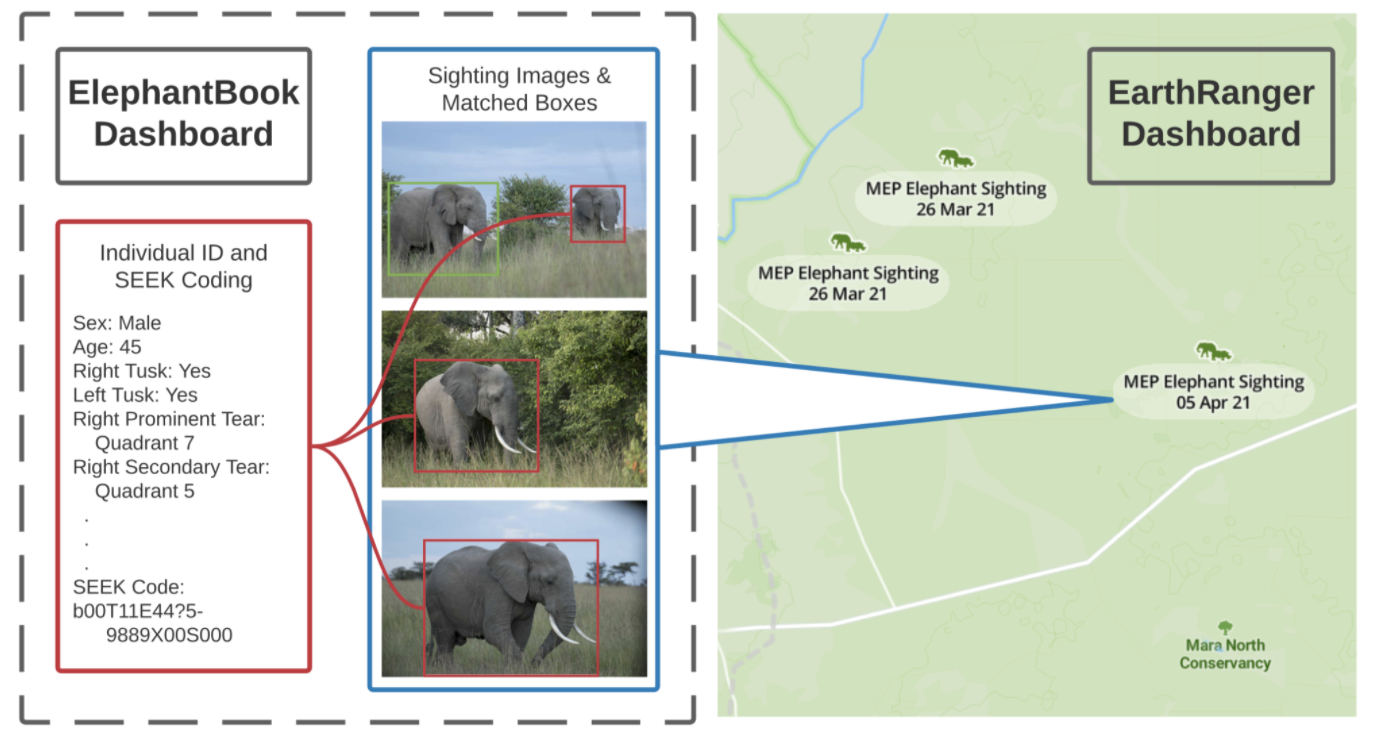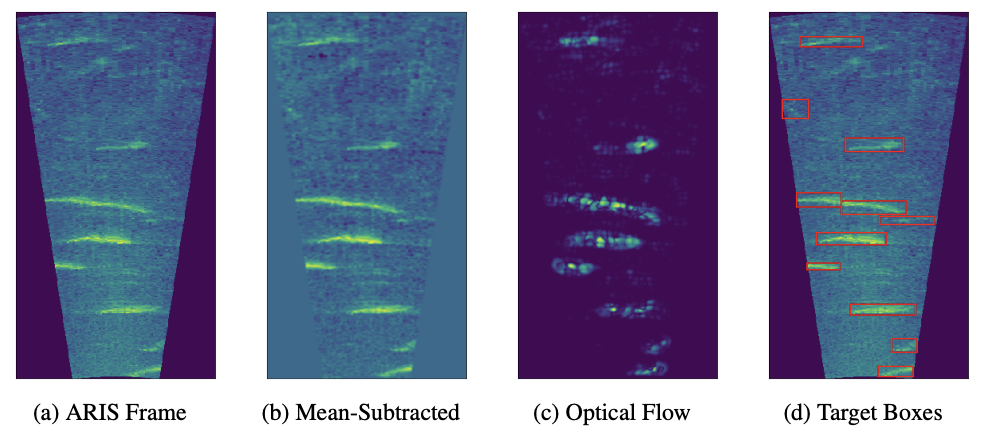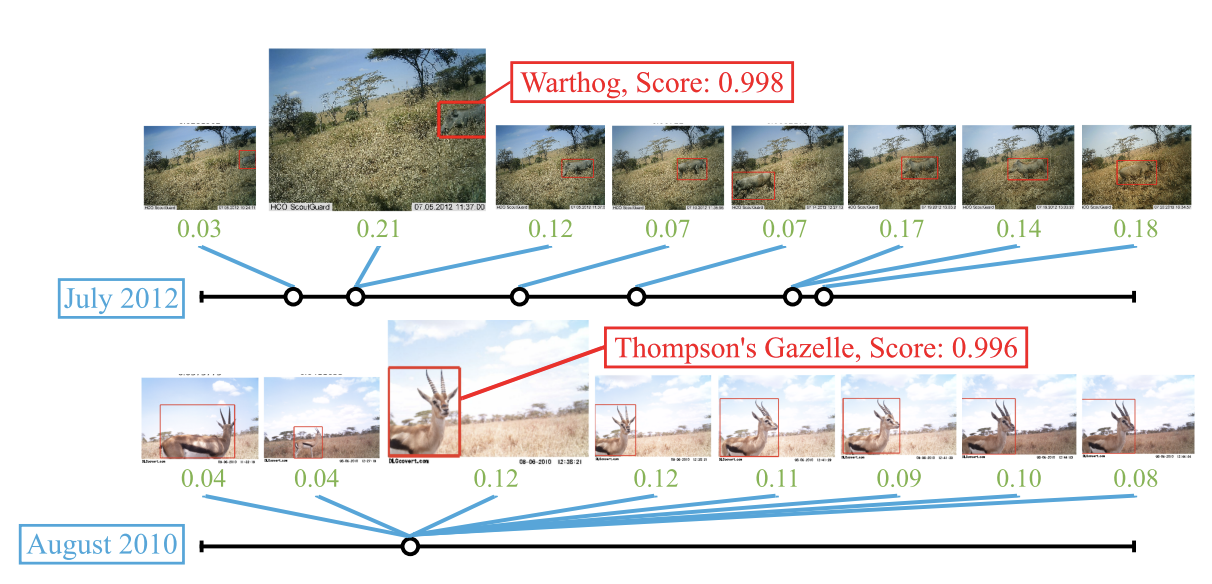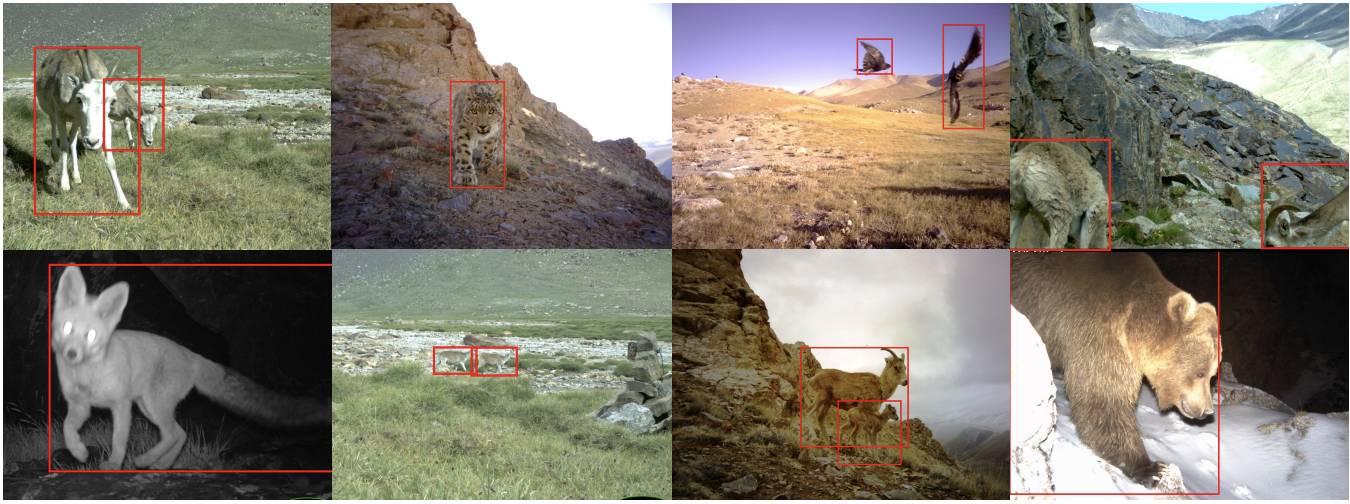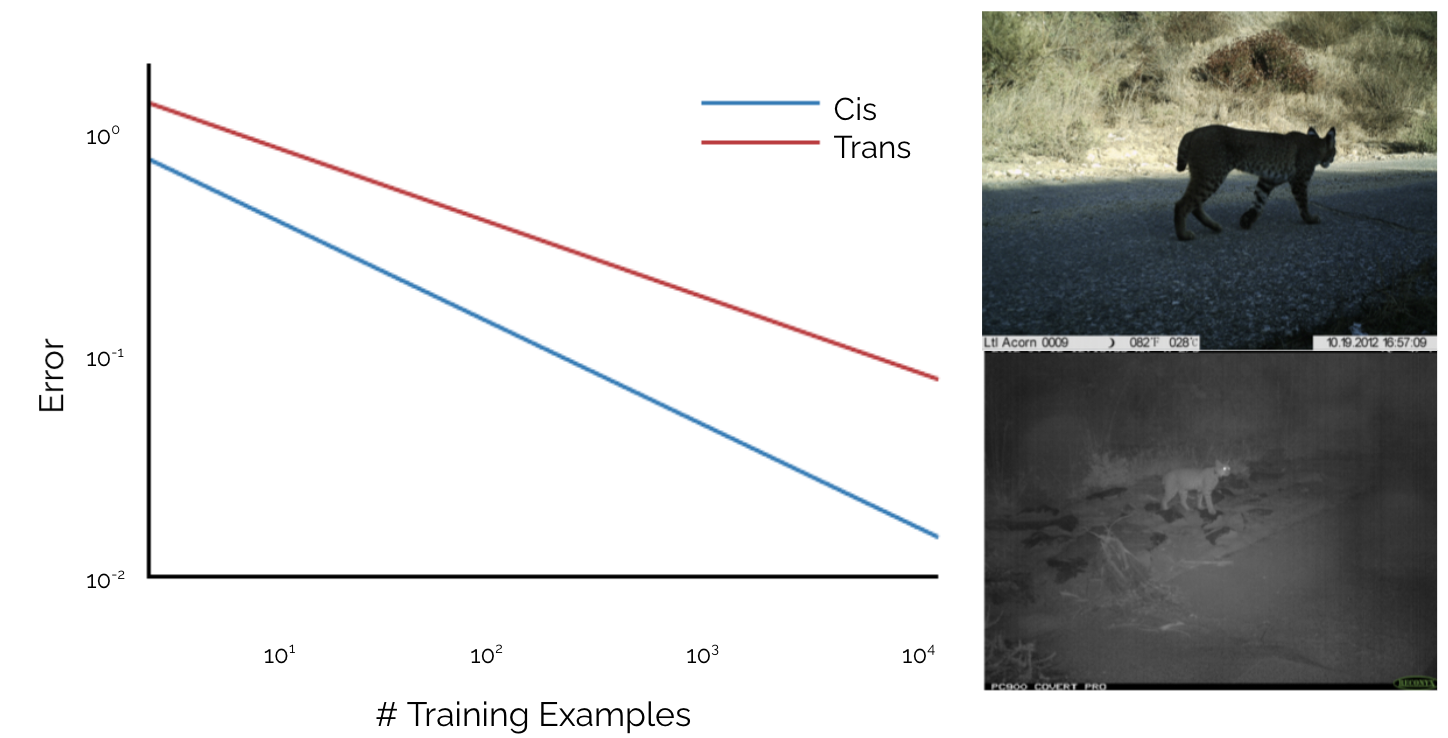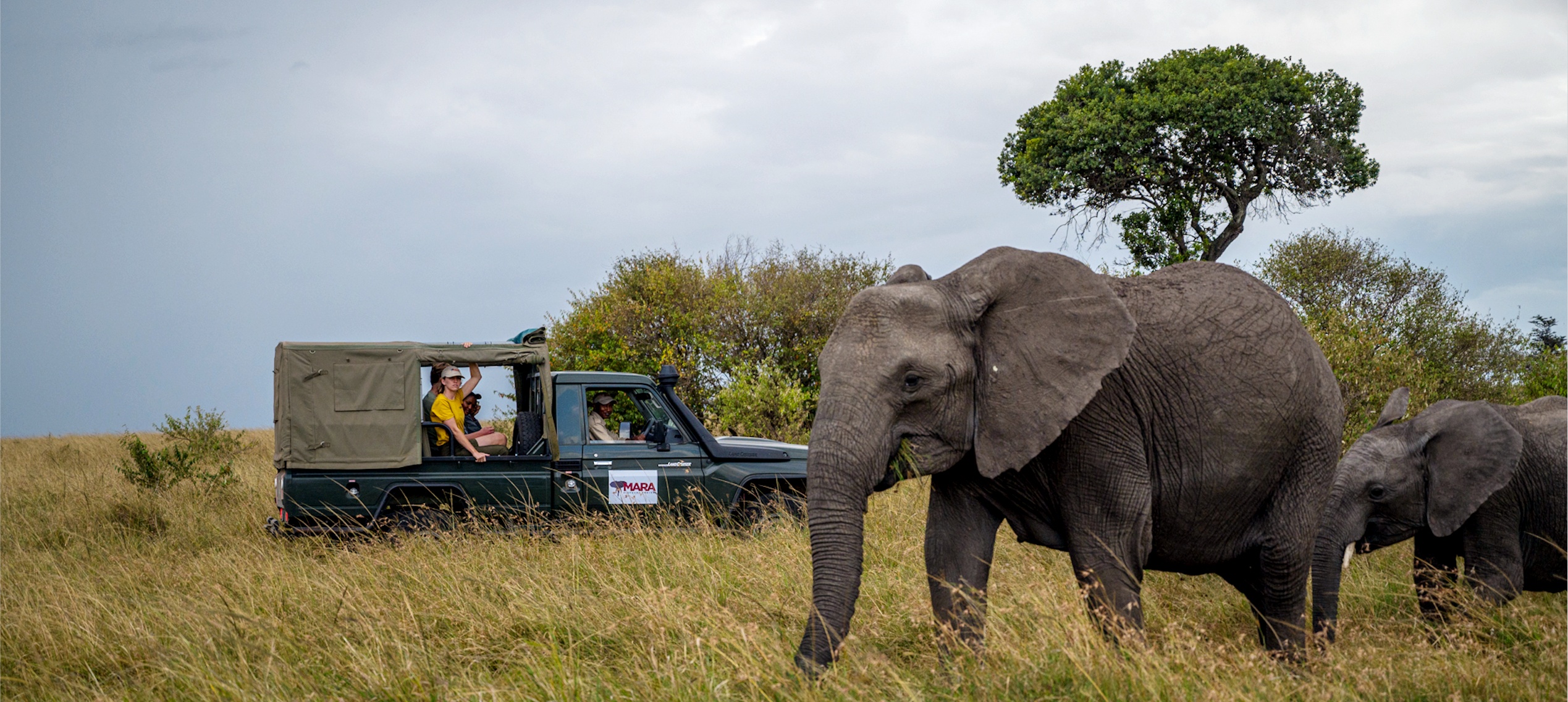PhD Students
Julia Chae
Timm Haucke
Neha Hulkund
Justin Kay
Eddie Vendrow
Rupa Kurinchi-Vendhan
Elena Sierra (incoming Fall 2025)
Antoine Salaun (incoming Fall 2025)
Masters and Visiting Students
Lauren Shrack (MEng)
Yuyan Chen (Visited Summer 2024 from McGill)
Undergraduates
Kai Van Brunt
Xenia Zhao
Asmi Kumar
Ada Tsui
David Fang (Alumni)
Ari Pero (Alumni)
Avi Sundaresan (@Caltech, Alumni)
Interested in joining the group?
If you are interested in any position with the group (Postdoc, PhD, MEng, UROP, Visitor), instead of emailing me please fill out the interest survey below so I can better organize my responses. I am unlikely to respond to individual emails.
Interested in a PhD? I consider students primarily via MIT EECS and the MIT-WHOI joint program, but I would be open to advising students with the right fit for my lab through MIT EAPS or MIT CEE if that is better aligned with your background. If you are interested in working with me on impact-driven computer vision research for the environment, biodiversity, conservation, and sustainability, apply to any of these programs and list me in your application. Unfortunately I am unlikely to be able to meet with prospective applicants before they have gone through the formal review process.
Interested in a postdoc? I will be welcoming postdocs on an ongoing basis, depending on funding availability. If our research interests align, please fill out the interest survey below and include any ideas you have for projects you would be interested in exploring together. I am happy to develop fellowship proposal(s) together. I'm particularly interested in bringing on a postdoctoral researcher with a background in quantitative large-scale biodiversity monitoring to explore the intersection between machine learning outputs and ecological modeling inputs with me and my group.
Fill out the Interest Survey here.
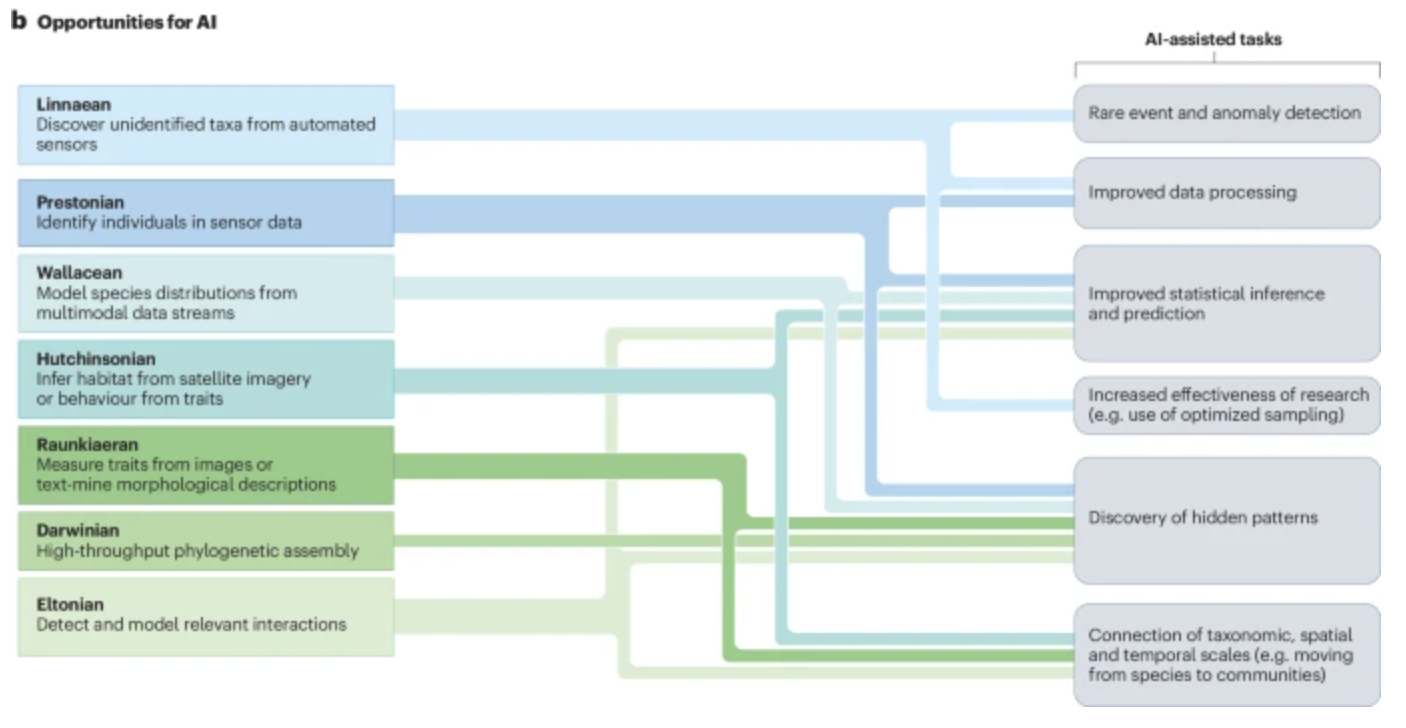
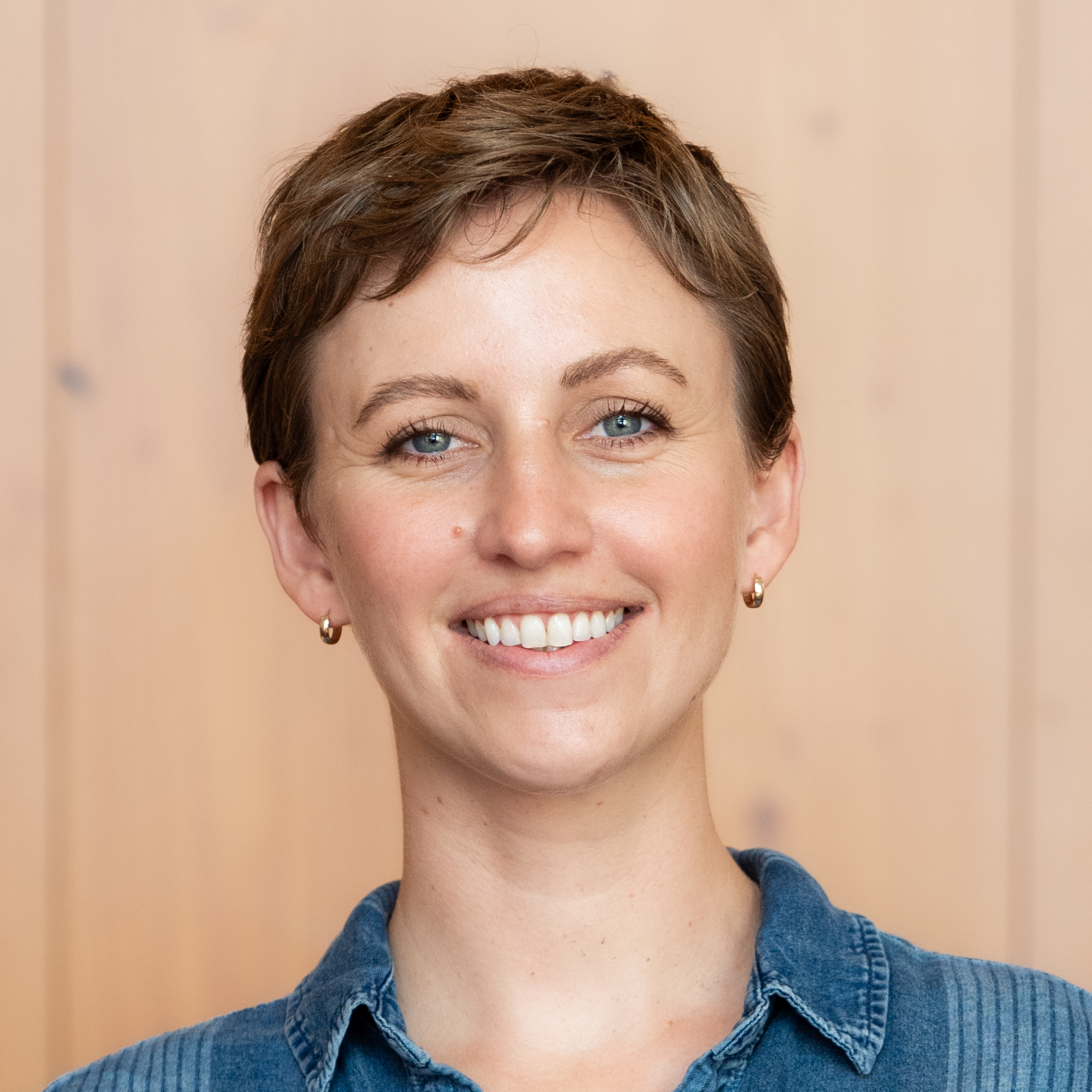
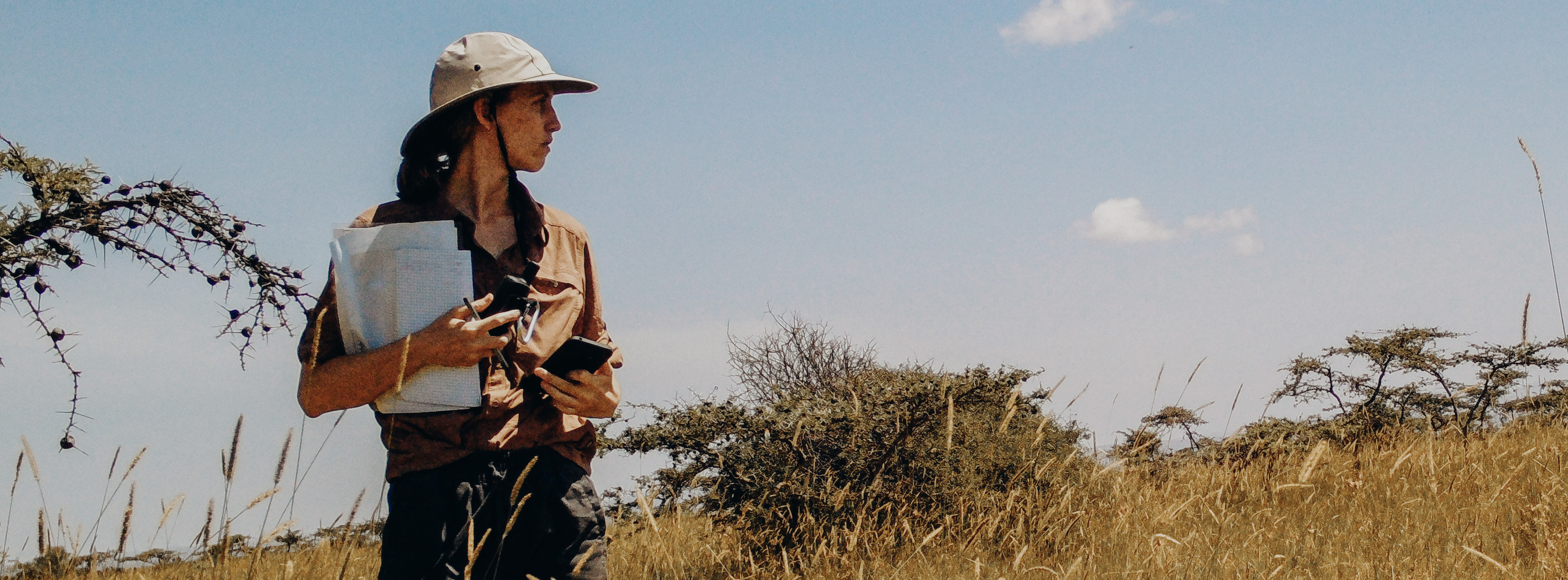

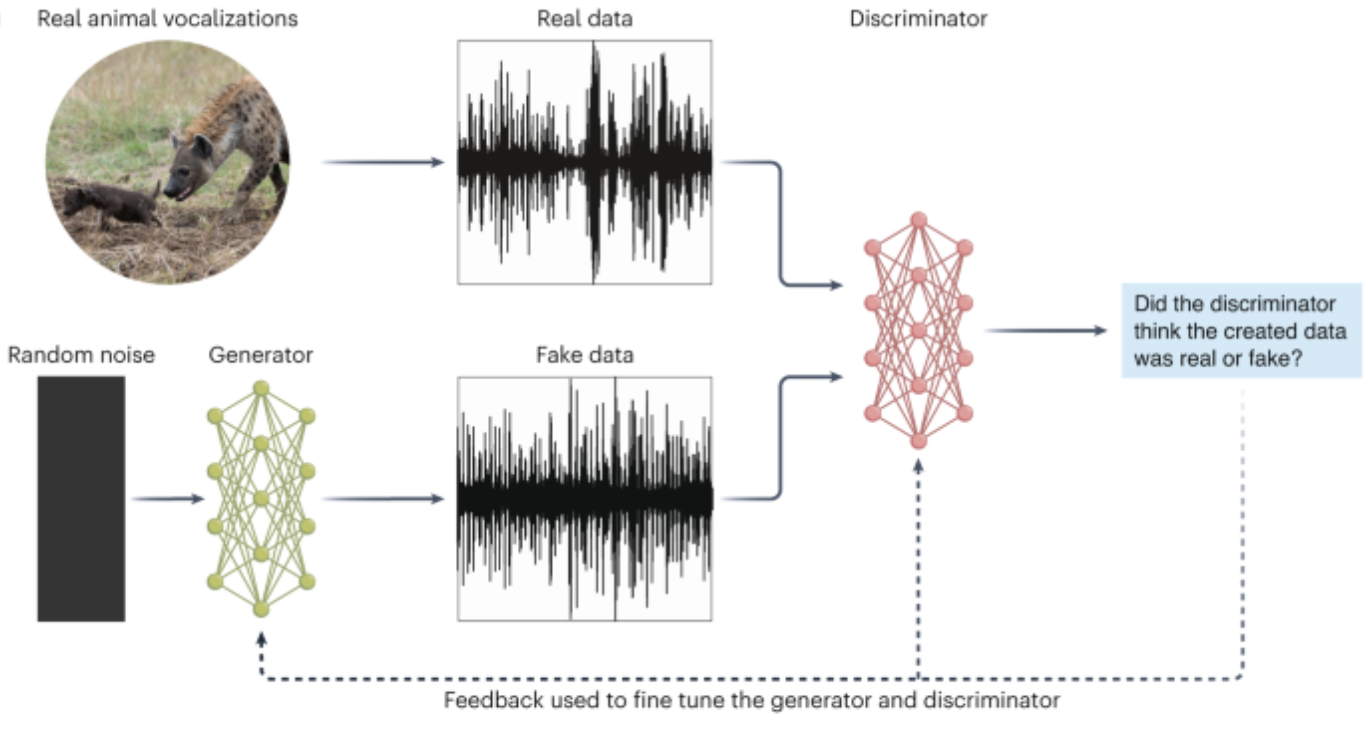

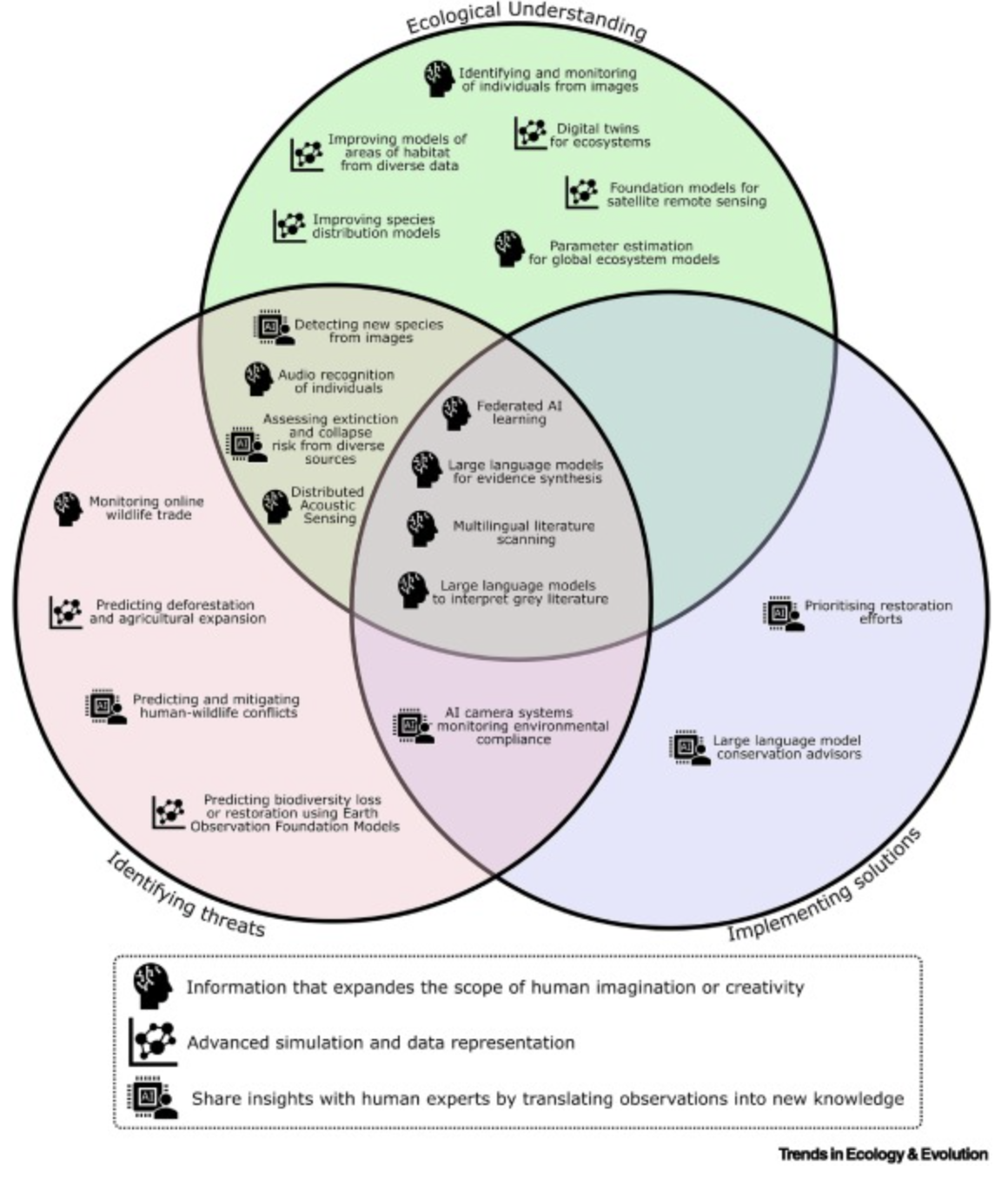
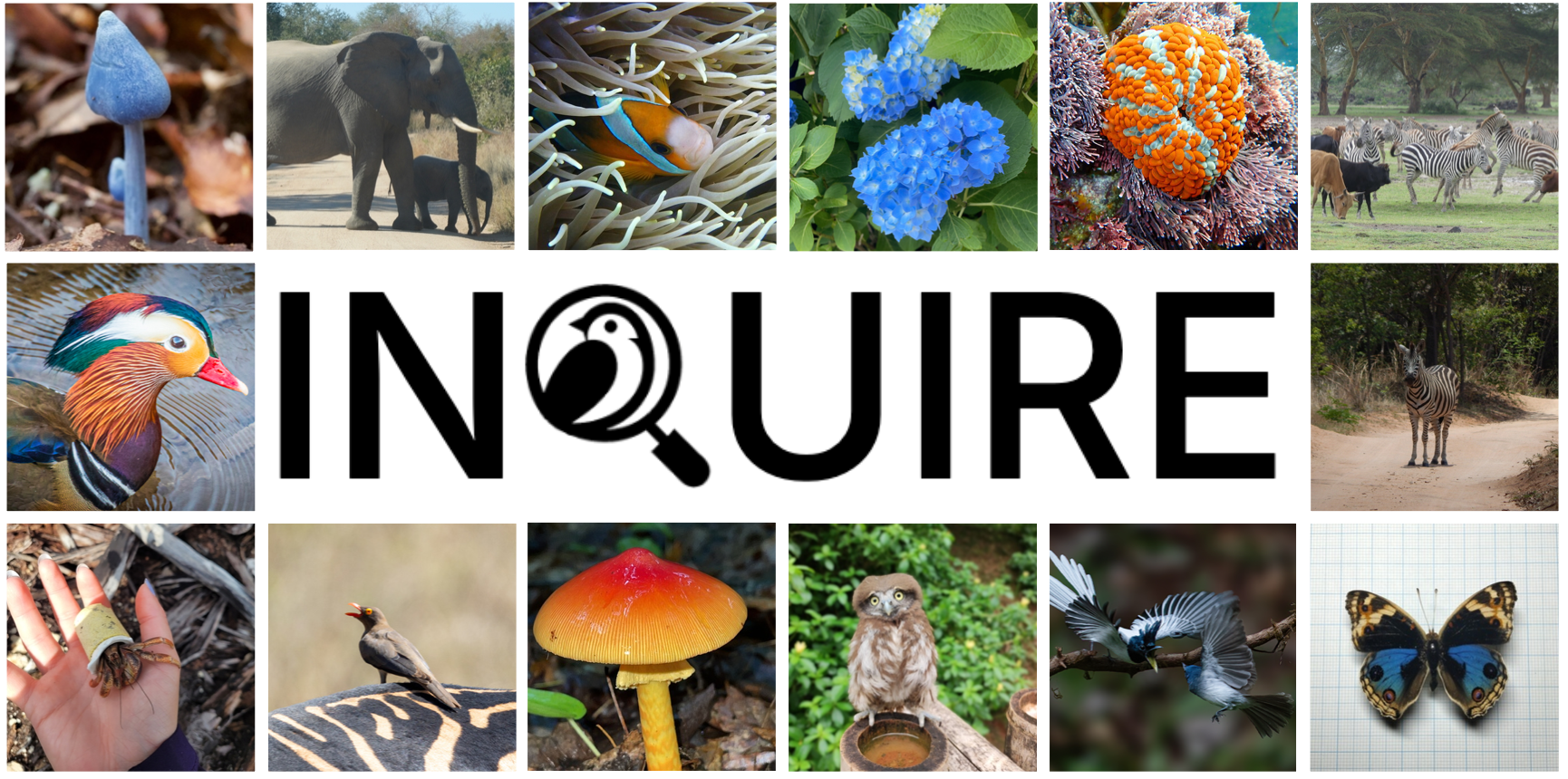
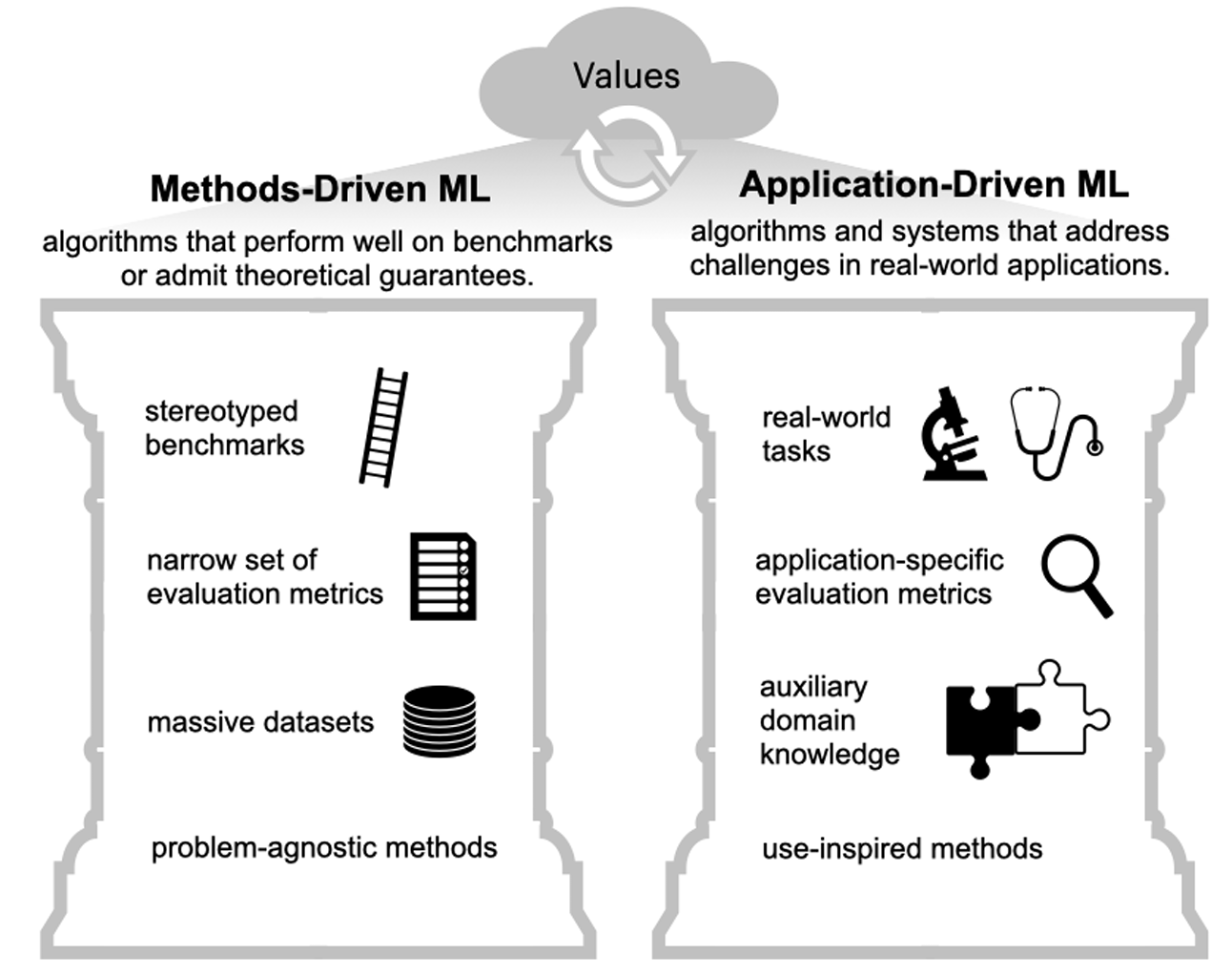


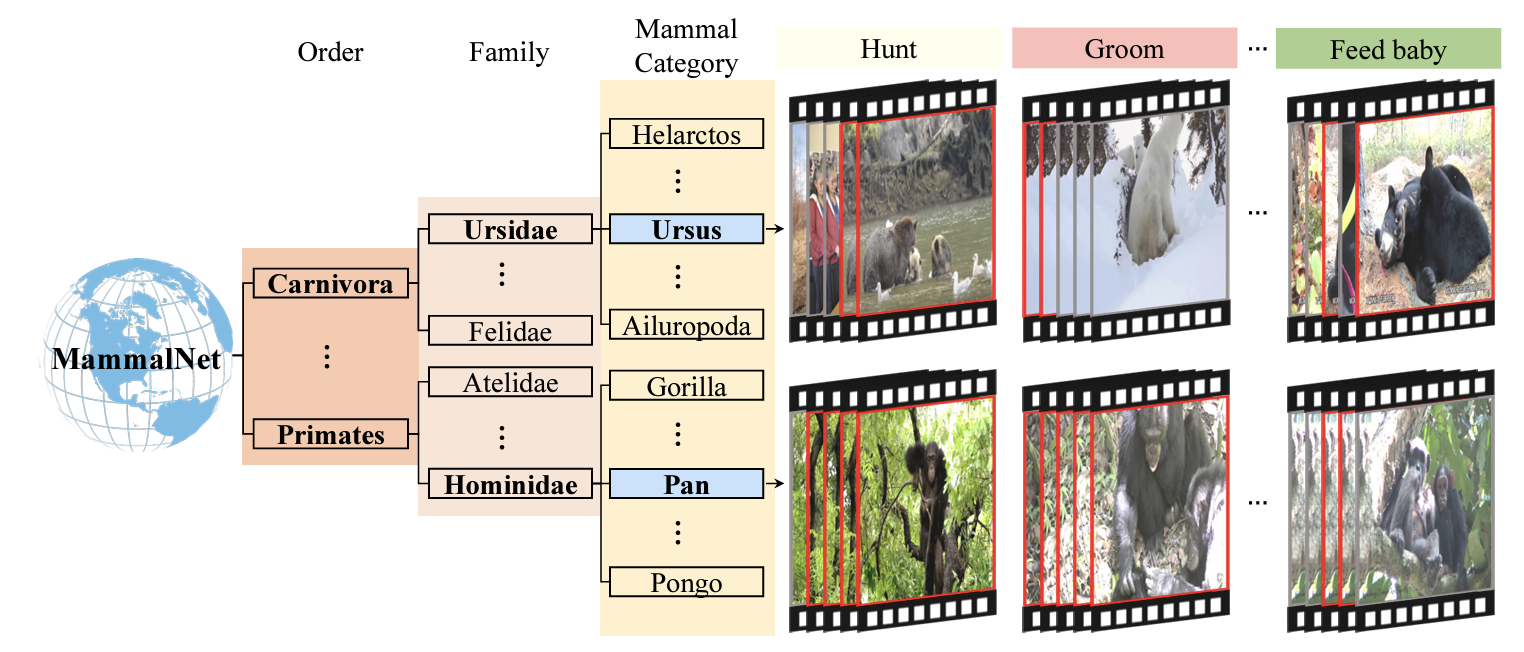
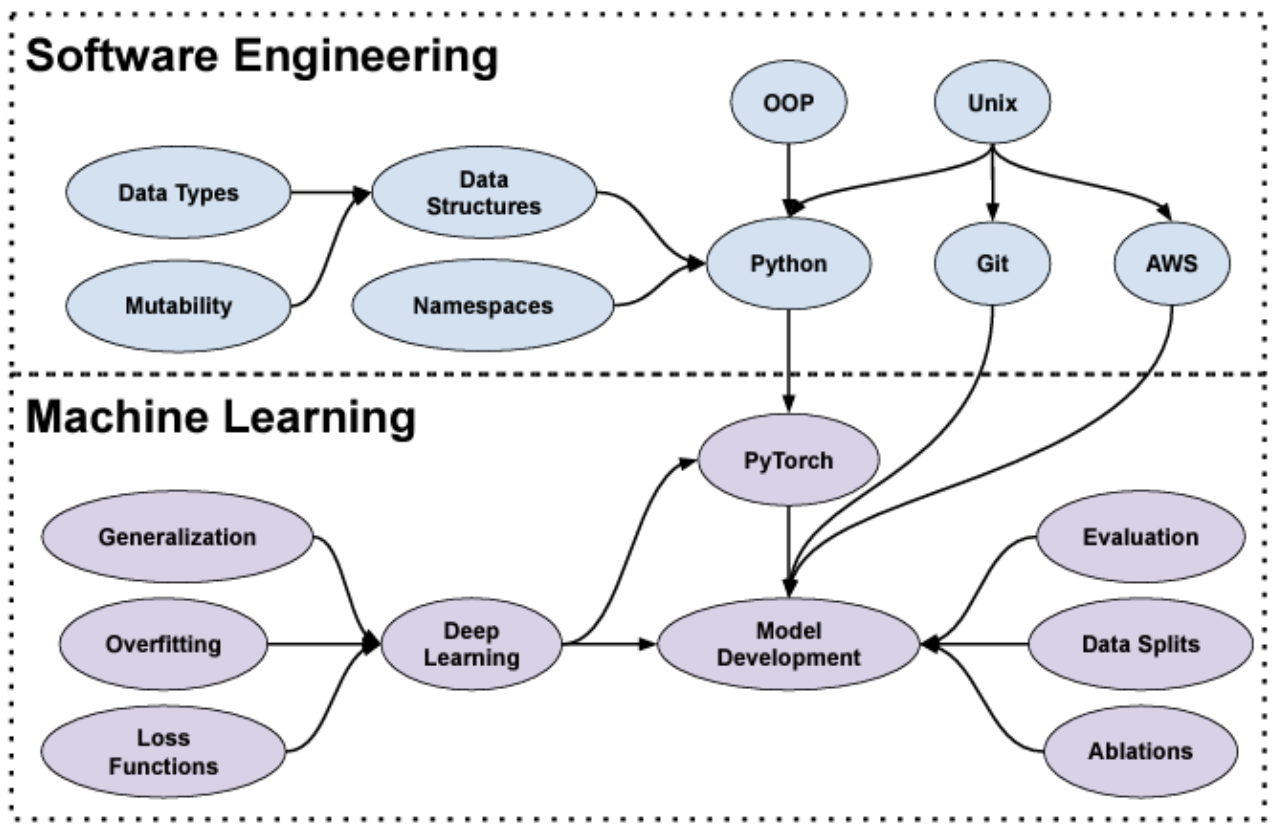
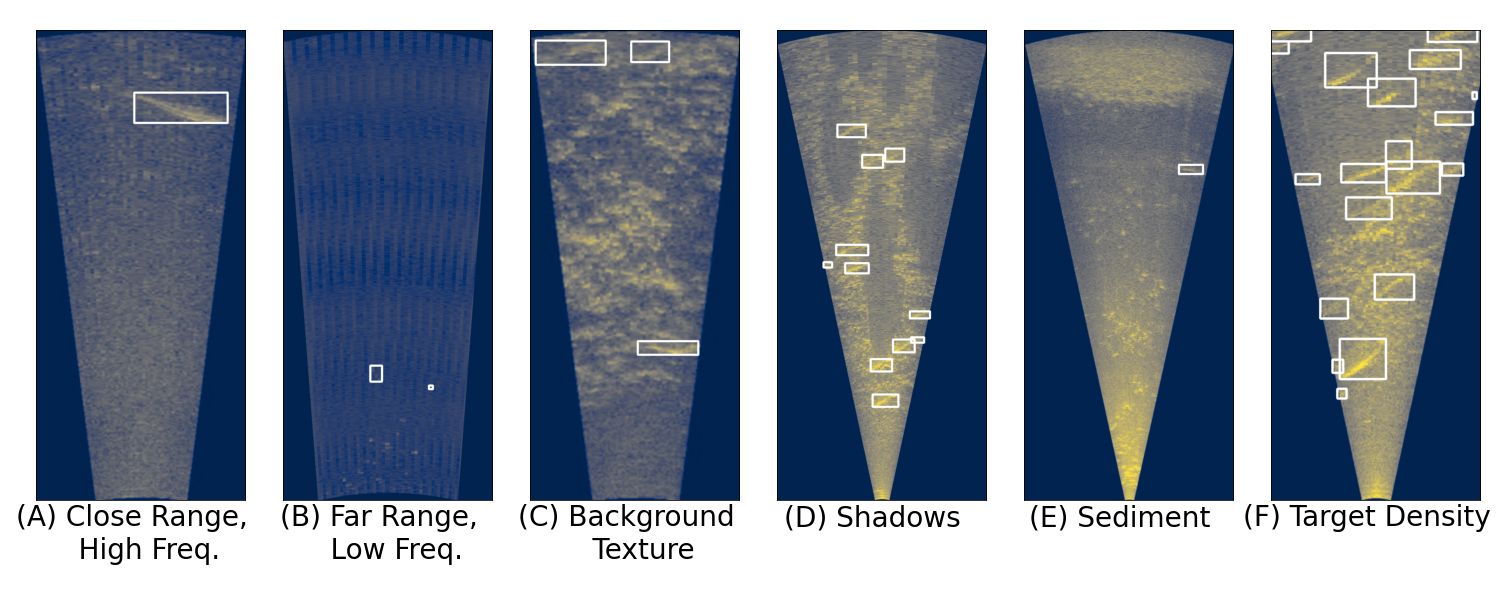
.png)
